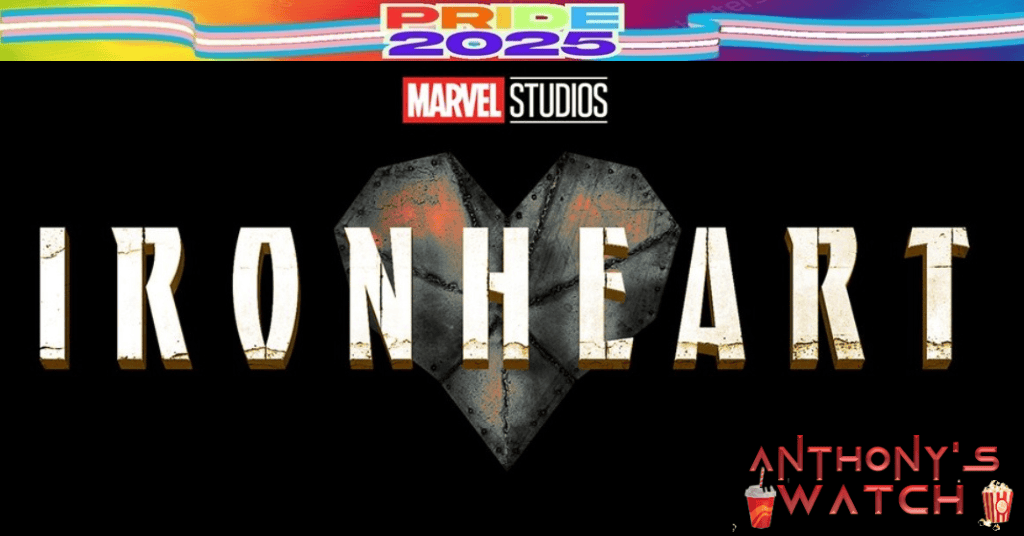It’s no secret that Marvel Studios has had its share of ups and downs over the last several years, ever since the release of Avengers: Endgame marked the conclusion of the Infinity Stone story arc. Much of the criticism about the Marvel Cinematic Universe’s (MCU) direction stems from a perceived lack of cohesion in its storytelling. While we now know that these narratives will culminate in Avengers: Doomsday and later Avengers: Secret Wars, the journey has felt disjointed, especially after shifting plans and abandoned threads that originally pointed to Kang the Conqueror as the next major villain.
What’s often overlooked in discussions about the MCU’s trajectory is the introduction of its next generation of superheroes. In several post-Endgame projects, Marvel appeared to be laying the groundwork for legacy characters who might eventually take the reins as original actors age out. While many of these efforts have yet to bear significant fruit, some have yielded promising results—such as the introduction of Riri Williams in Black Panther: Wakanda Forever.
For those unfamiliar, Riri Williams was created by longtime Marvel Comics writer Brian Michael Bendis during his Iron Man run. She was never deeply connected to Tony Stark beyond being recognized by him as a potential successor, eventually taking on the Ironheart mantle following his “death” in Civil War II. She later joined the Champions alongside other young heroes and has remained a fixture in the Marvel Comics universe ever since.
Fast forward to now: Marvel has released its latest Disney+ series, Ironheart, building on both Wakanda Forever and selected elements from the comics. The series begins with Riri being expelled from MIT after it’s discovered that she funded her experiments by selling tech to other students, who then used it to gain credit in their own programs. This forces her to return home to Chicago, where the suit she uses for travel is destroyed—resetting her progress in a way reminiscent of Samus Aran at the start of each Metroid game.
The main antagonist introduced is Parker Robbins, aka The Hood—a criminal who seeks out Riri in hopes of upgrading his growing empire with her tech. Played by Anthony Ramos, The Hood is presented as more of a grounded, ambitious criminal rather than a full-blown mastermind. In the comics, The Hood starts off as a small-time crook who becomes a greater threat after acquiring a magical, power-infused hood. The show follows a similar trajectory, though the character initially comes off as somewhat one-note. The dynamic between Riri and Robbins is compelling, as they each try to manipulate the other. There’s a clear indication that more depth to Robbins will emerge in future episodes. The supporting cast also adds energy—especially Eric Andre’s portrayal of Rampage, whose presence is entertaining largely due to Andre’s natural charisma.
Without delving into spoilers, Ironheart excels in building upon the MCU’s established themes. A central thread explores Riri’s internal struggle: she’s just as brilliant as Tony Stark but lacks his wealth and resources. This contrast creates a compelling narrative space for the show to explore socioeconomic disparities—a topic rarely touched upon in Marvel projects. Like Tony, Riri is rebellious, independent, and constantly pushing the boundaries of innovation. The key difference is that, unlike a billionaire playboy, she faces real-world consequences for her actions, such as being expelled from school. This grounded approach adds a fresh, thoughtful lens to the character and source material.
Technologically, Ironheart continues the legacy of Stark Industries and its advancements, particularly in artificial intelligence. The show balances Riri’s development of new tech with a look at the broader tech landscape of the MCU—an aspect often glossed over despite the franchise’s heavy reliance on futuristic inventions. The series is strongest when it juxtaposes technological innovation with ethical questions, especially the looming implications of A.I. While Riri’s A.I. is portrayed as benevolent, the show subtly reminds us of past cautionary tales—like Ultron.
Another standout feature of the series is its portrayal of Black culture in Chicago. While the show doesn’t dive too deeply into cultural exploration—keeping things accessible in true Marvel fashion—it uses its setting effectively to enrich Riri’s character. Additionally, Ironheart handles LGBTQ+ representation with grace. The inclusion of a trans character, who is treated as an equal member of The Hood’s crew rather than a token presence, gives the show a sense of authenticity. The timing of the release during Pride Month underscores the thoughtfulness of this representation.
However, the show isn’t without its flaws. One issue lies in how it handles Riri’s backstory—specifically, the deaths of her childhood friend Natalie and her father. While this tragedy is clearly a driving force for Riri, the series introduces it as a mystery without clear justification. It feels less like a narrative necessity and more like filler, perhaps added to compensate for limited first-episode content. The mystery angle adds little value and could have been handled more directly.
Among the new characters, Joe McGillicuddy, played by Alden Ehrenreich —introduced in the second episode as a fellow scientist and Riri’s partner—is a welcome addition. There’s a sense that he may not be who he claims to be, something that will not be spoiled in this review, but his interactions with Riri reveal new dimensions of her personality. Their dynamic feels natural and is one of the highlights of the show. Dominique Thorne shines most in these moments, anchoring the show with a grounded yet charismatic performance.
Perhaps the most impressive aspect of Ironheart is its visual presentation. Some MCU series have struggled with special effects, often exposing the limitations of even a sizable TV budget. Ironheart, however, stands out with effects that feel nearly on par with the films. Whether this quality holds through the final three episodes remains to be seen, but the first three are visually stunning and set a high bar for future MCU shows.
Ironheart is a great new addition to the Marvel Cinematic Universe, building upon aspects of the franchise in a thoughtful and brilliant way #MCU #Ironheart #Marvel Read More

